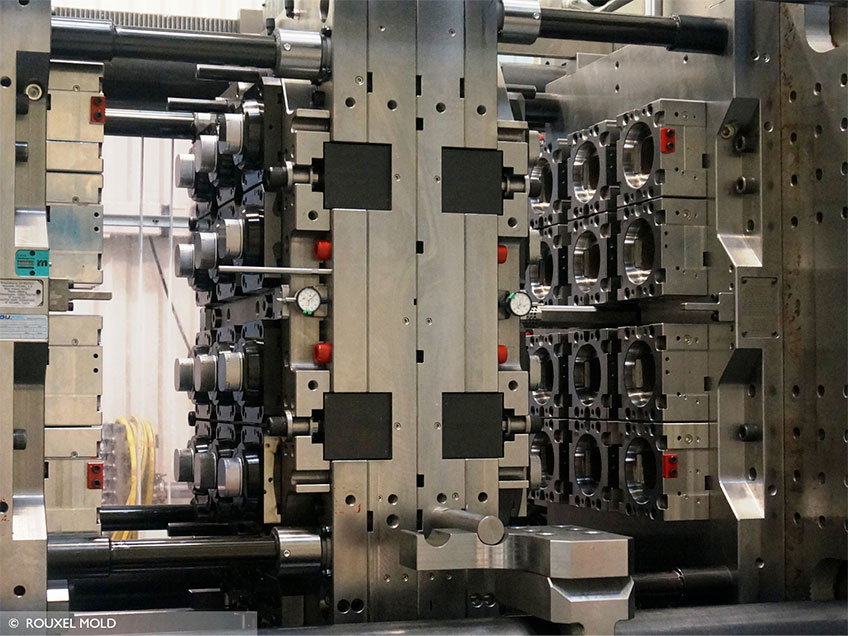

Les moulistes, modeleurs, maquettistes, réalisent plus de 80% de leur chiffre d’affaires pour le compte des industriels, sur de l’équipement : les ventes de moules industriels génèrent la grande majorité des facturations du secteur. Cette industrie qui réalise des outillages pour de très nombreux secteurs clients exporte en moyenne 12% de sa production.
Les deux métiers principaux des entreprises du secteur Moule & Prototype consistent à :
Fabriquer, réparer, modifier, entretenir les moules destinés aux entreprises de fabrication par moulage
pour les industries de la transformation des caoutchoucs et des plastiques (fabricants d’emballages, équipementiers automobiles, fournisseurs de matériels de transport, etc.), mais également les industries du verre, des métaux et des matières minérales.
(données 2014)
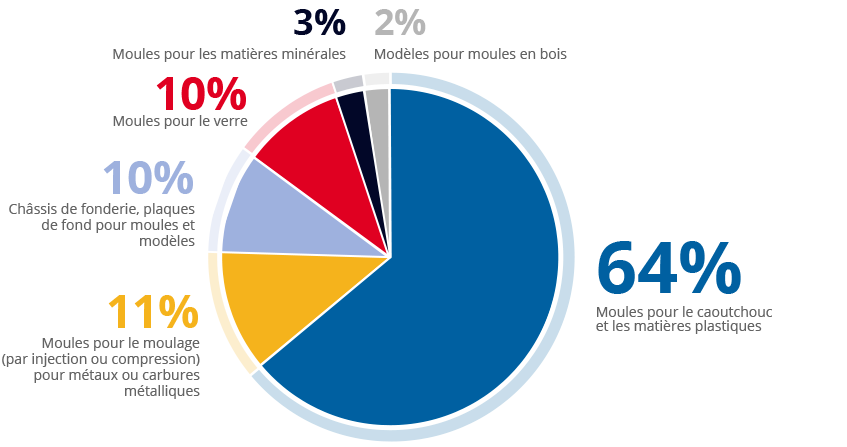
Réaliser des maquettes et prototypes représentant de nouveaux produits en phase de conception
tels que des flacons de parfums, des pièces automobiles, aéronautiques, navales, des objets d’art, des éléments d’architecture, d’ameublement…
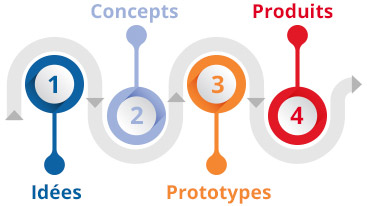
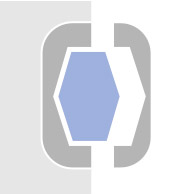
Les moules permettent une transformation de la matière (plastique, caoutchouc, métal, verre, béton) pour obtenir un produit, la plupart du temps semi-fini.
Assimilé à un ensemble mécanique, le moule est souvent monté sur une presse à injecter. Un moule peut peser de quelques kilos à 150 tonnes.
Il est constitué de deux parties, l’une fixe pour l’injection de la matière, l’autre mobile pour la fermeture du moule.
Il existe une grande diversité de moules, en fonction des applications et des matériaux utilisés (acier, cuivre et alliages de cuivres, bois, etc) : ils peuvent être destinés à la fabrication de très petites pièces (quelques millimètres) ou de produits beaucoup plus volumineux (planches de bord ou éléments de carrosserie). Ils sont conçus sur-mesure pour la production de pièces en série. Ils diffèrent aussi selon la matière à transformer.

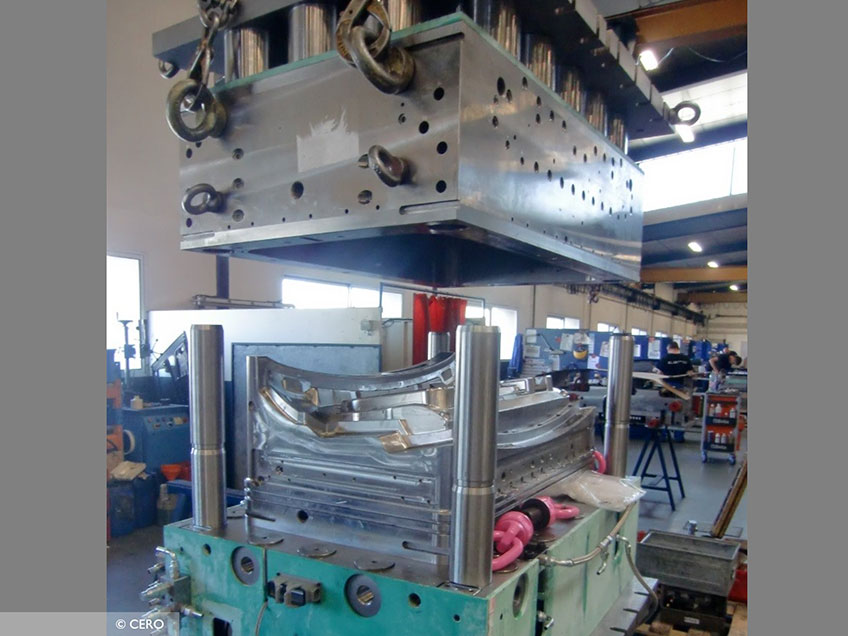
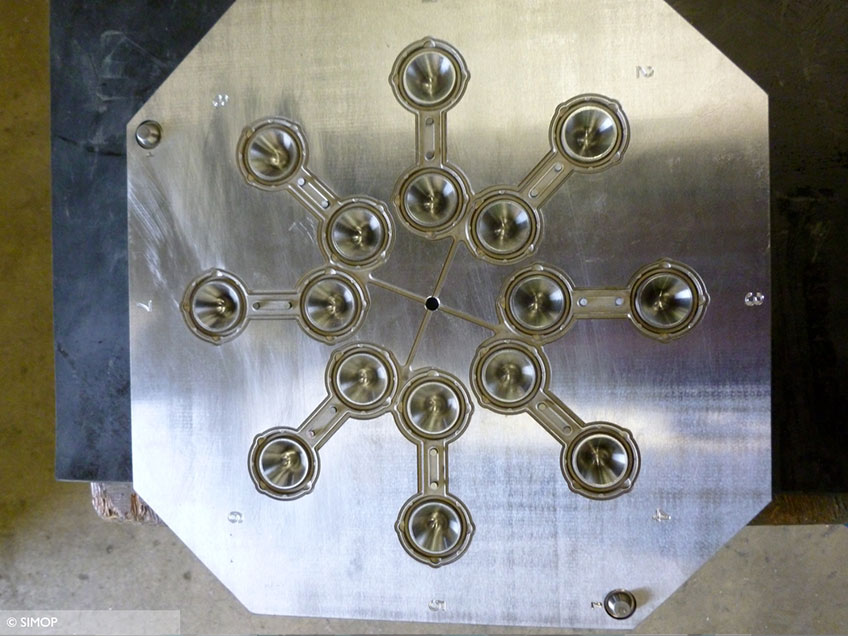
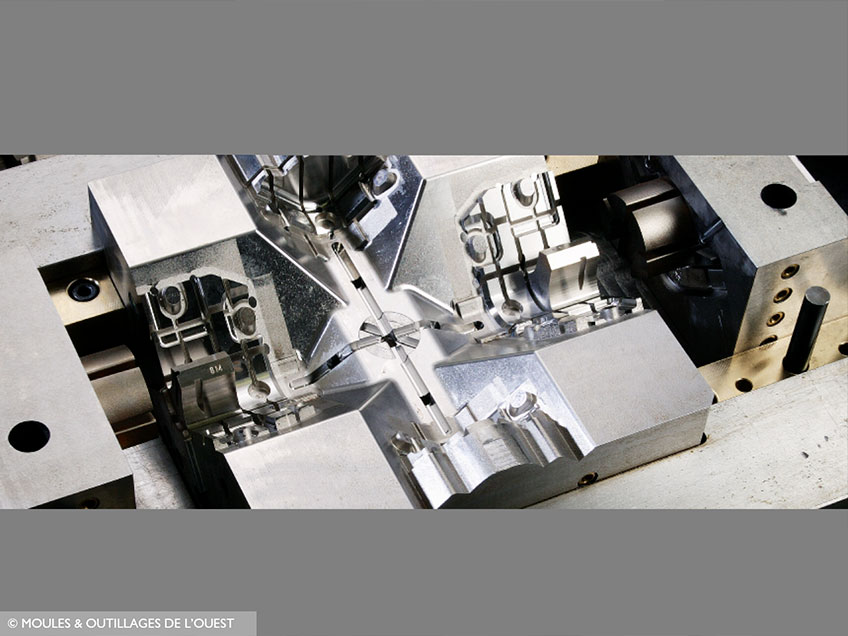
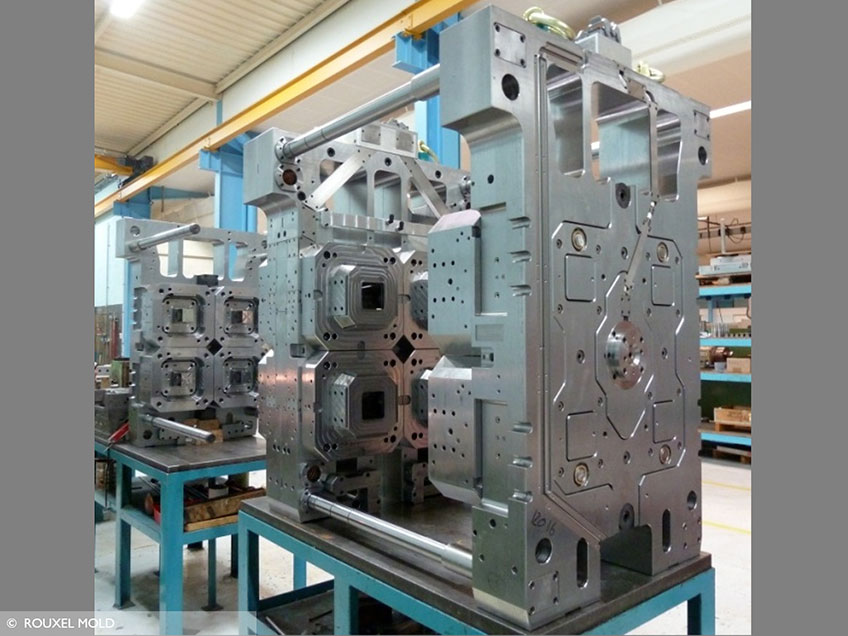
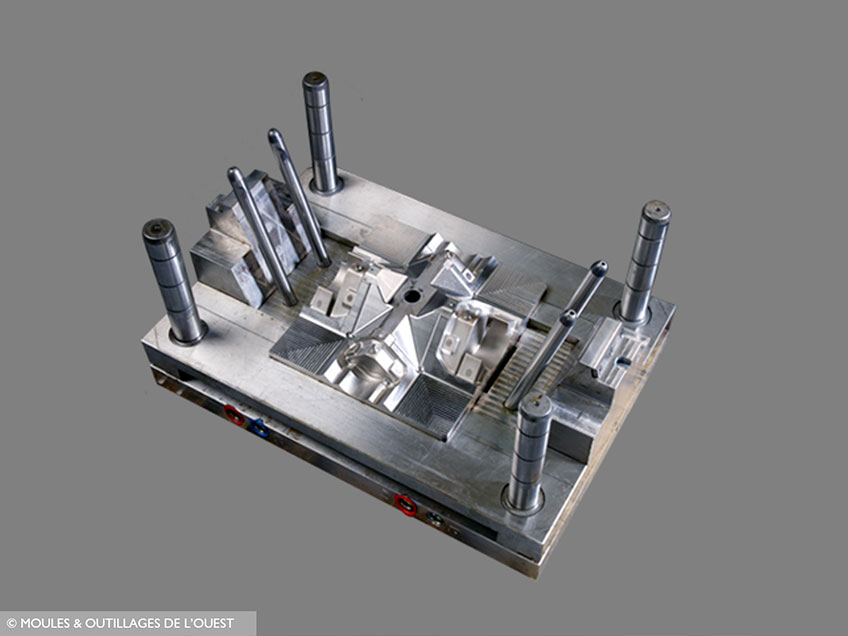
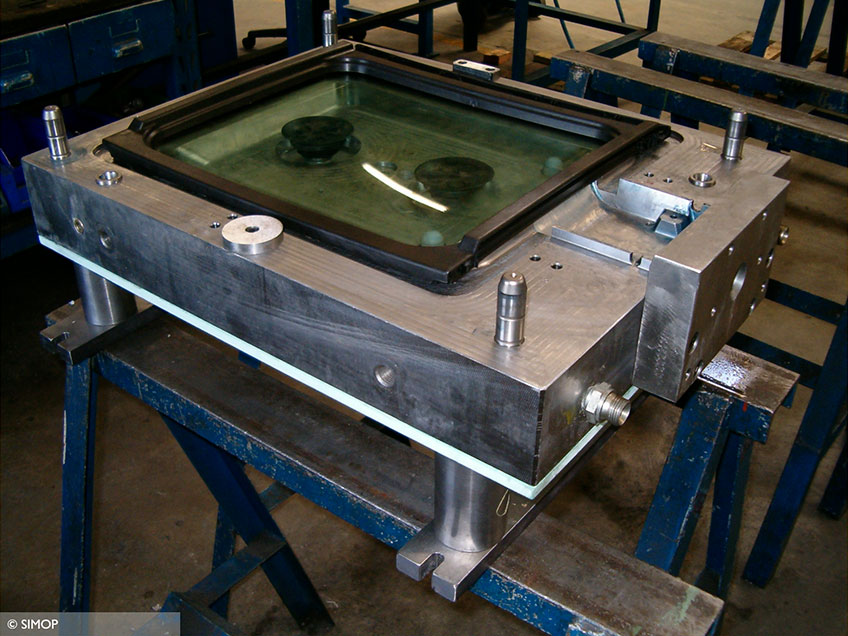
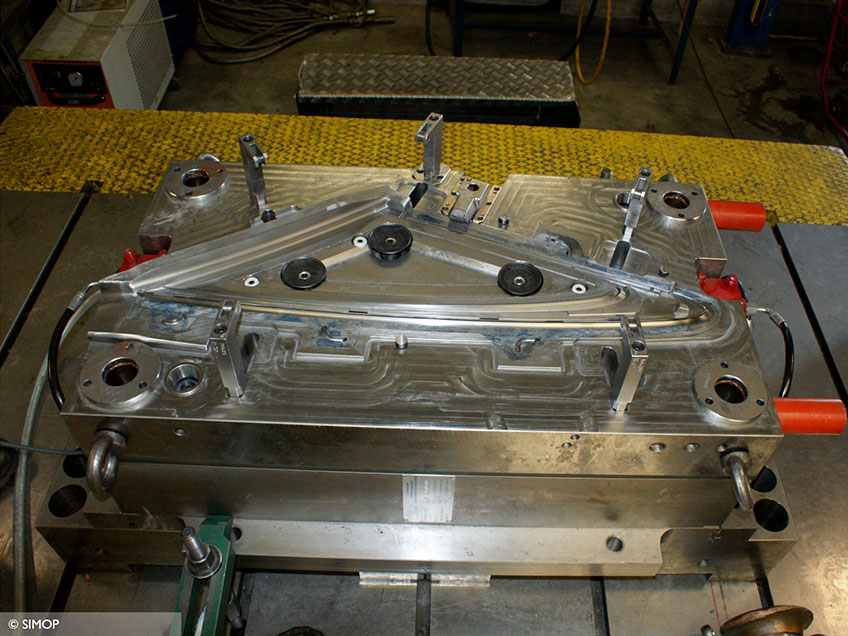


Les fabricants de moules et modèles sont responsables de la commercialisation finale du produit et des prestations de services associées (installation sur site, réparation, service après-vente, etc.).
Un prototype est « un modèle original qui possède toutes les qualités techniques et toutes les caractéristiques de fonctionnement d'un nouveau produit. (...) » (OCDE). Etape d’évolution dans un projet de production, il peut être incomplet ou définitif, servir à des essais, etc. Les prototypes sont fabriqués en résine, cire, bois, plastique ou métal selon les procédés traditionnels mais de plus en en plus en impression 3D, également appelée Fabrication Additive.
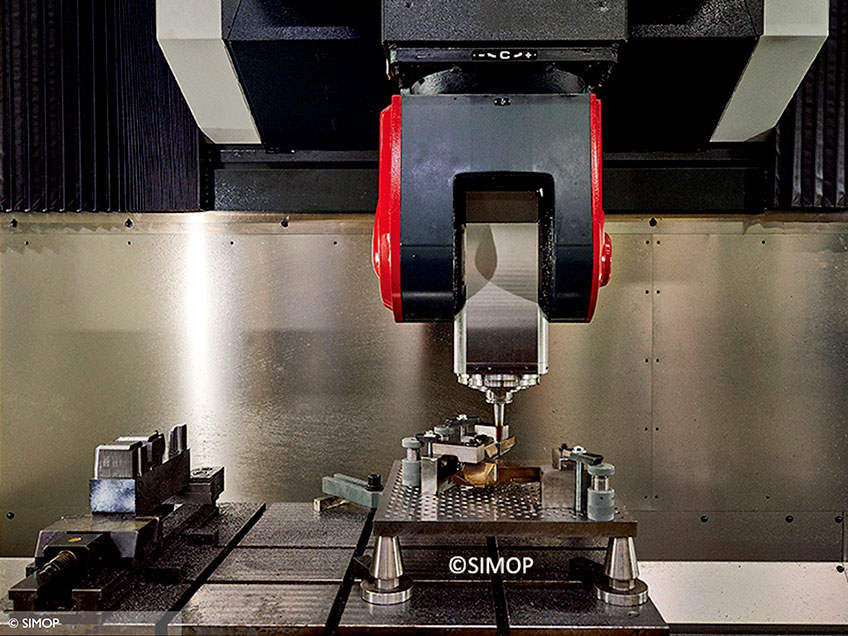

| 878,3 millions d’€ de chiffre d'affaires* |
5588 salariés |
476 établissements |
91%
de PME de moins |
* hors unités intégrées aux constructeurs, notamment automobiles, qui représentent une activité non négligeable de la branche.

| News |
 |
|
March 26 2025
European Foundry Industry Sentiment Indicator (FISI) marks an increase in February 2025
February 2025 was the second month in a row, which displayed delicate signs that the situation of the European foundry industry is beginning to improve. The European Foundry Industry Sentiment Indicator (FISI), conducted monthly by the European Foundry Federation, shows signs of a slight economic recovery. Compared to the data from January 2025, the FISI increased from 91.3 to 93.4. This does not mean an automatic, sudden, certain and dynamic economic growth in the upcoming months, yet these are the first signs that the European foundry industry is slowly recovering after an exceptionally difficult year 2024, when the FISI index value fell every month – from 96.2 in January to 89.0 in December 2024. This rise suggests a slight improvement in the industry’s outlook, moving closer to the neutral 100-point mark. This development is partly due to positive expectations for the second half of 2025, as businesses anticipate potential growth and stabilization in demand. At the same time, in February 2025, the Business Climate Indicator (BCI), an index published by European Commission increased from ‑0.94 in January to ‑0.74 and according to the latest news, the euro zone’s GDP growth is expected to increase by +1.4% in 2025, up slightly from +0.7% in 2024.
The latest data shows a normalization of the situation in the eurozone’s manufacturing sector. The eurozone manufacturing Purchasing Managers’ Index (PMI) rose to 47.6 in February 2025, from 46.6 in January and from 45.1 in December, almost approaching the 50-point threshold that separates growth from contraction. Purchasing Managers’ Index (PMI) in the Euro area is an indicator of the economic health of the manufacturing sector. It is based on such indicators as: new orders, inventory levels, production, supplier deliveries and the employment environment. Geopolitical events, those of recent weeks, months and years, have caused revolutions in most industries in Europe. In the foundry industry, it began with a drastic increase in the prices of materials and energy, and declines in production in almost every EU country. Now, the diversification of foundry production is increasingly noticeable. Due to the geopolitical situation, the arms industry and energy industry — which have always been significant recipients of castings — are gaining importance.
The FISI – European Foundry Industry Sentiment Indicator – is the earliest available composite indicator providing information on the European foundry industry performance. It is published by CAEF the European Foundry Association every month and is based on survey responses of the European foundry industry. The CAEF members are asked to give their assessment of the current business situation in the foundry sector and their expectations for the next six months. The BCI – Business Climate Indicator – is an indicator published by the European Commission. The BCI evaluates development conditions of the manufacturing sector in the euro area every month and uses five balances of opinion from industry survey: production trends, order books, export order books, stocks and production expectations. |
| Read more |
| Directory |  |
| Forge Fonderie Magazine |
 |
| Indicators |  |
| Press Room |  |
| Join us |  |
© 2016 Fédération Forge Fonderie - Credits & legal notice